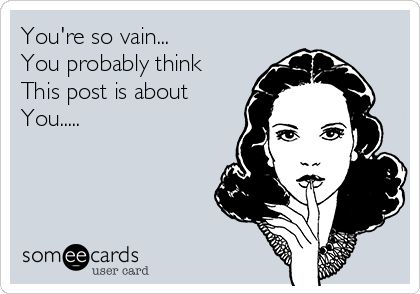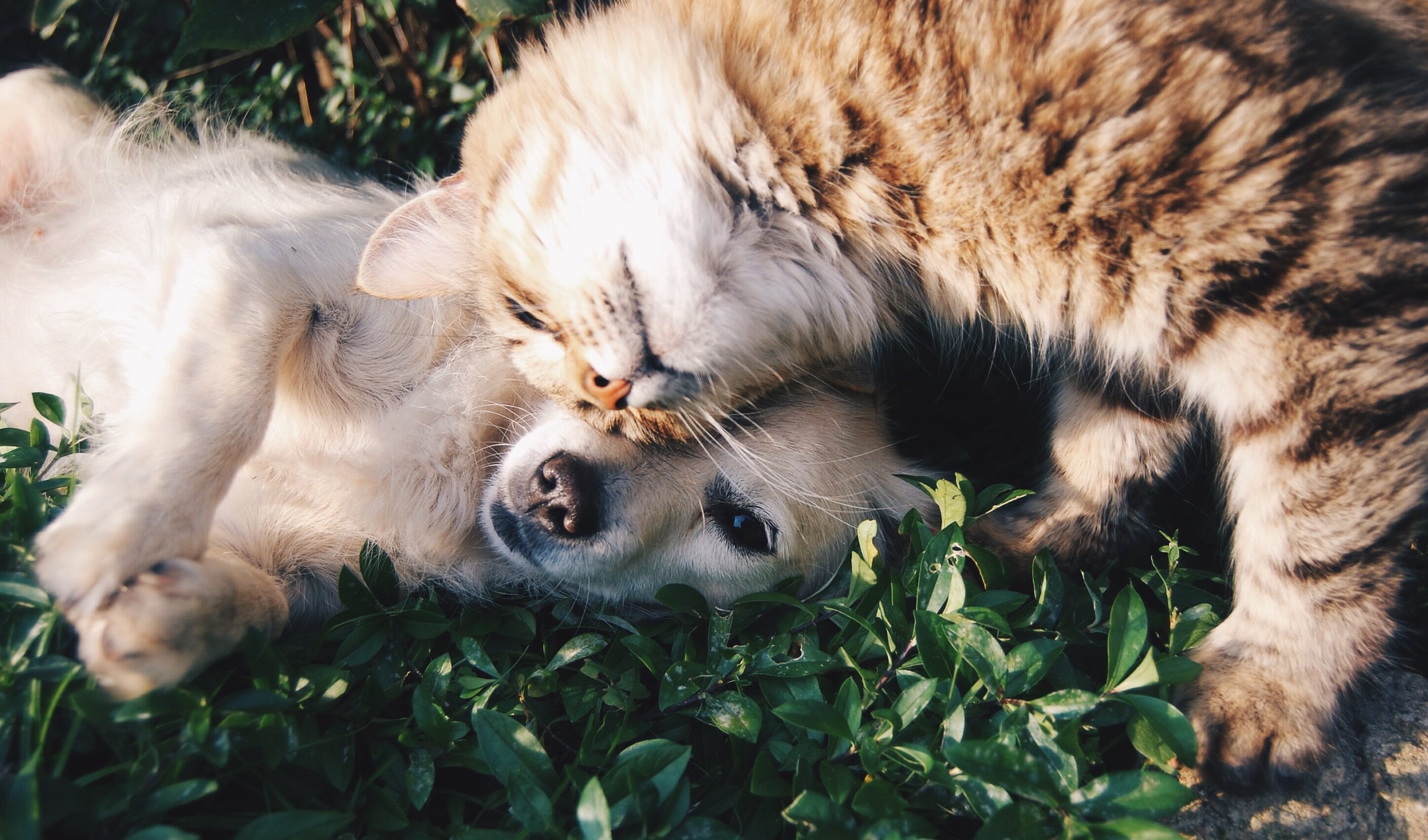When crunching the proverbial numbers, to assess the cost and the value of our friendships, why does the equation: finances + friendships = fail?!
For starters, we were all raised with different morals and values around money. Added to that we all earn different amounts, have different living costs and our spending will reflect our own values, which vary from person to person.
So what are the Financial Friendship Faux Pas?
Never ask to borrow money. If your friend wants to offer she will….
That said…. My advice is never loan your friends money either. If you must, then gift it to them. Even if you don’t actually tell them it is a gift. If you can’t afford to gift it to them, you can’t afford to lend it to them. Many friendships have been broken by a friend who borrowed money and then did not pay it back – either at all or in a timely manner.
If you do borrow money from someone and don’t pay it back, all the while posting on Facebook about your lavish lifestyle, you will find yourself getting the cold shoulder pretty quickly. It is disrespectful. You cannot assume your friend doesn’t need the money for herself…The lender should not be expected to justify why she needs her money back in a hurry either! If you must borrow money, pay it back ASAP, regular payments (don’t make it the pink elephant in the room) and do not ask her again. Making it a pattern is poor form, she isn’t a bank! She may start to feel this is the only reason you stay friends with her, and could even abuse the power. True story.
Similarly, don’t be over generous either; it doesn’t seem genuine and nobody wants to feel bought nor pressured. If you invite someone and they say they can’t afford it, they may actually be politely trying to decline the event and your company! Plus you don’t want to seem like a show off or someone who needs to buy friends.
Don’t assume to know what your friend can afford. Yes, maybe she has an investment property but that also means she has 2 mortgages, so you do the maths?! Focus on what you can afford not what she can or can’t. Don’t make judgements about where your friends should or shouldn’t spend their money. Don’t make snide comments or passive aggressive jokes about their finances. If you don’t want people telling you what you shouldn’t spend for example, you shouldn’t be passing judgement on what you perceive they should or shouldn’t spend either.
Don’t assume because she has something (money, time, services or belongings) that you need; that she should or will give it to you, even if she isn’t using it herself… what makes you entitled to it?
Your wedding? You pay. Travel, dresses, meals, hen’s. If you want her to pay then you respect her budget and keep your expectations low.
If, for example, your friend buys you both tickets to an event in the future – settle the terms there and then. Either with “Can I pay you cash on the night or would you rather I direct debit to you straight away (or on Thursday when I get paid?) If so what are your bank details? Alternatively you might say thanks so much, shall I get dinner and drinks on the night then, or would you rather I just pay for my ticket? Whatever you agree to, follow through, no excuses or justifications. Even if one costs more than the other, you agreed. If you can’t make it to said event for some reason, pay your share, even though you didn’t go. It is your problem if you cancelled, not your friends. This is true even if she was originally planning to pay for your ticket as a gift. If you cancel it is your responsibility. Tickets, hotels, transport, whatever was pre-booked and arranged. Pay your share. Even if your friend found someone else to go with her in your place, they shouldn’t be expected to pay for taking your place unless you arranged it explicitly with them yourself.
Bring your purse. Nobody likes the surprise “oops I forgot my purse, can you get this one?” No. Go home and get your purse!! Especially if you tend to make this a sneaky habit. (Personally I tend to bring cash and only the approximate amount I expect to require for myself, because it helps me keep within my spending allowance, so often I don’t have enough cash to “cover” someone anyway. This is especially infuriating if it happens after the meal for example when the food has been eaten and someone has to pay! If you forgot your money, you best say so before you consume anything! I realise this may be a genuine mistake and a once off. If your friend covers you pay her back that same day if you can - you were planning to spend it and you did. It's not a buy now pay later, 20 months interest free situation!
Do have conversations about money and learn who values what. If you have a friend who values paying for every item she ordered to the cent then do it her way even if you would prefer to split the bill in half. If she feels uncomfortable spending more than $20 on gifts, respect that and don’t expect more than that in return or offer more than she specified, even if you generally do things differently with your other friends.
The person who wants or needs to spend less should always dictate the boundaries. She can’t (or wont) meet you in the middle by offering more, so you will have to meet her by offering and expecting less.
NEVER ask your colleagues for money. Just don’t do it. Especially if you are not friends with them outside the office/workplace. Honestly, why should they help you? Boundaries!
If you do ask someone and they say no, respect that. Don’t whine, guilt them or have an adult tantrum.
Don’t assume if they say no, or don’t offer, that they are not real friends and not helpful or don’t care. Your friends help you in ways they feel comfortable with. That may just be listening to you, or helping you with planning a better budget for yourself or buying you a coffee here and there. Just because a friend isn’t helping you the way you hoped and expected doesn’t mean she isn’t helping you the best way she can.
Don’t spend your money on drugs, alcohol and cigarettes or other frivolous items and then ask for money to pay the rent or feed the baby or fix the car. Priorities, if you can’t make your responsibilities a priority why should anyone else?
If you value your friendships, then don’t place any monetary pressure, expectations or value on them. If friendship is an equation, don’t invest more of anything than you can afford and don’t take (or expect) more than they are willing to give. If they want to give you anything, they will. No requests will change that.
The correct equation for friendship should be calculating quality time spent together not quantity of currency.
❤ Love
Your Best Friend ForNever
xx



































